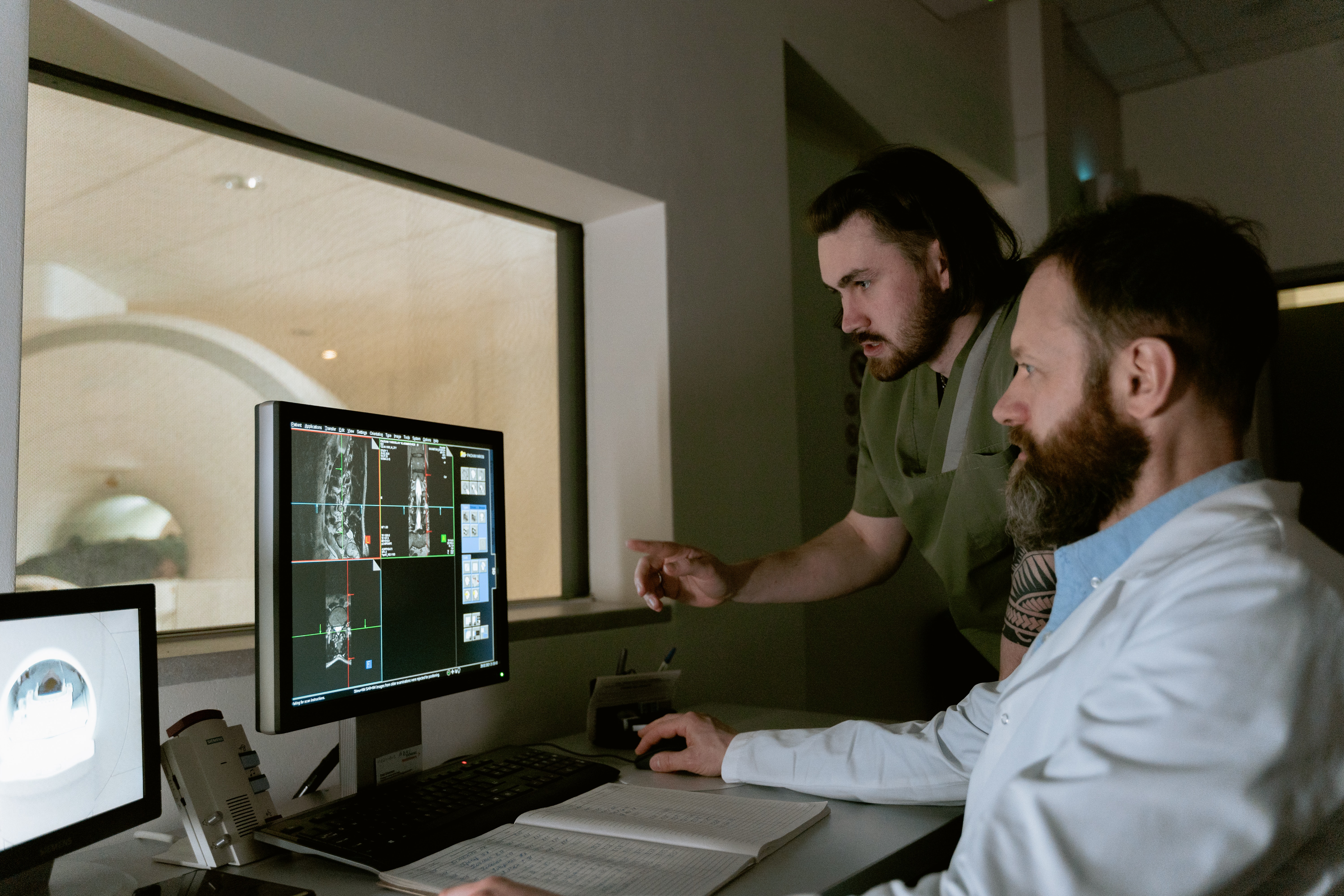How AI Is Helping the Healthcare Industry
Artificial intelligence (AI) has transformed healthcare and will continue doing so for the foreseeable future. This will change the roles of clinicians and patients for the better in many ways. Find out how AI has already changed everything from the amount of time spent on paperwork to earlier detections of diseases.
AI, or machine intelligence, has dramatically impacted industries from finance to retail. It has the ability to improve the productivity of healthcare workers and save the lives of patients. Additionally, it empowers providers to make accurate medical diagnoses and decisions quickly. Through wearable monitoring devices, AI can even help people stay out of the ER and doctor's office by making healthier choices every day.
AI Wearables – Taking Your Healthcare With You
Smartwatches, implantable devices and fitness trackers are a few ways that health care AI has entered the mainstream. It puts consumers in control of their well-being. AI technology has also improved heart pacemakers and insulin pumps used by wearers to regulate their health conditions.
Some of these devices give health care professionals a better understanding of the patterns and symptoms experienced by their patients. With better feedback, doctors and other professionals can provide better guidance to help people maintain good health.
The number of consumer variables has increased exponentially in the past ten years. These devices can now detect early stages of heart disease and allow caregivers to monitor life-threatening conditions more accurately.
Three Ways AI Has Improved Healthcare
AI used to detect diseases has led to more accurate diagnoses, particularly in the earliest stages. According to the American Cancer Society, screening mammograms miss up to 20% of cancer and they also produce many false negatives, causing extreme distress and lost time.
Here are three examples — there are many more — of AI's transformative impact on the medical industry. AI can actually help people stay healthy and prevent certain health conditions from developing. Plus, the Internet of Medical Things (IoMT) is making a difference through wearable technology that can do everything from administering insulin to diabetics to monitoring the heartbeat of patients recovering from coronary surgeries.
Reducing Time Spent on Maintaining Electronic Health Records
Electronic Health Records (EHRs) play a critical role in the health care industry's digital transformation. Although EHRs make information widely available, in practice many providers still have multiple systems to enter data into. This causes documentation and data entry to take over a large portion of a caregiver's time. Now, EHR developers use AI to automate routine processes or to transfer data to various systems.
Expanding Access to Care
In many regions, not just the third world, there is a shortage of healthcare professionals. This includes radiologists and ultrasound technicians who operate machines that can detect many diseases. For example, AI imaging tools do an excellent job of analyzing chest x-rays for signs of conditions such as tuberculosis. In fact, AI analysis of scans and images often reaches a similar accuracy as human diagnoses
Other Ways AI Is Transforming Healthcare
Here are some other examples of how AI has improved healthcare:
Earlier cancer detection
Developing new medicines
Diagnosing deadly blood diseases
Treating rare diseases
In health care, AI will continue to improve how patients receive their diagnoses and treatment and live healthier lives.
/newsletter
Get the latest from The Futurist every afternoon in your inbox
/recent
Check out some of the newest posts from The Futurist

.jpg)



